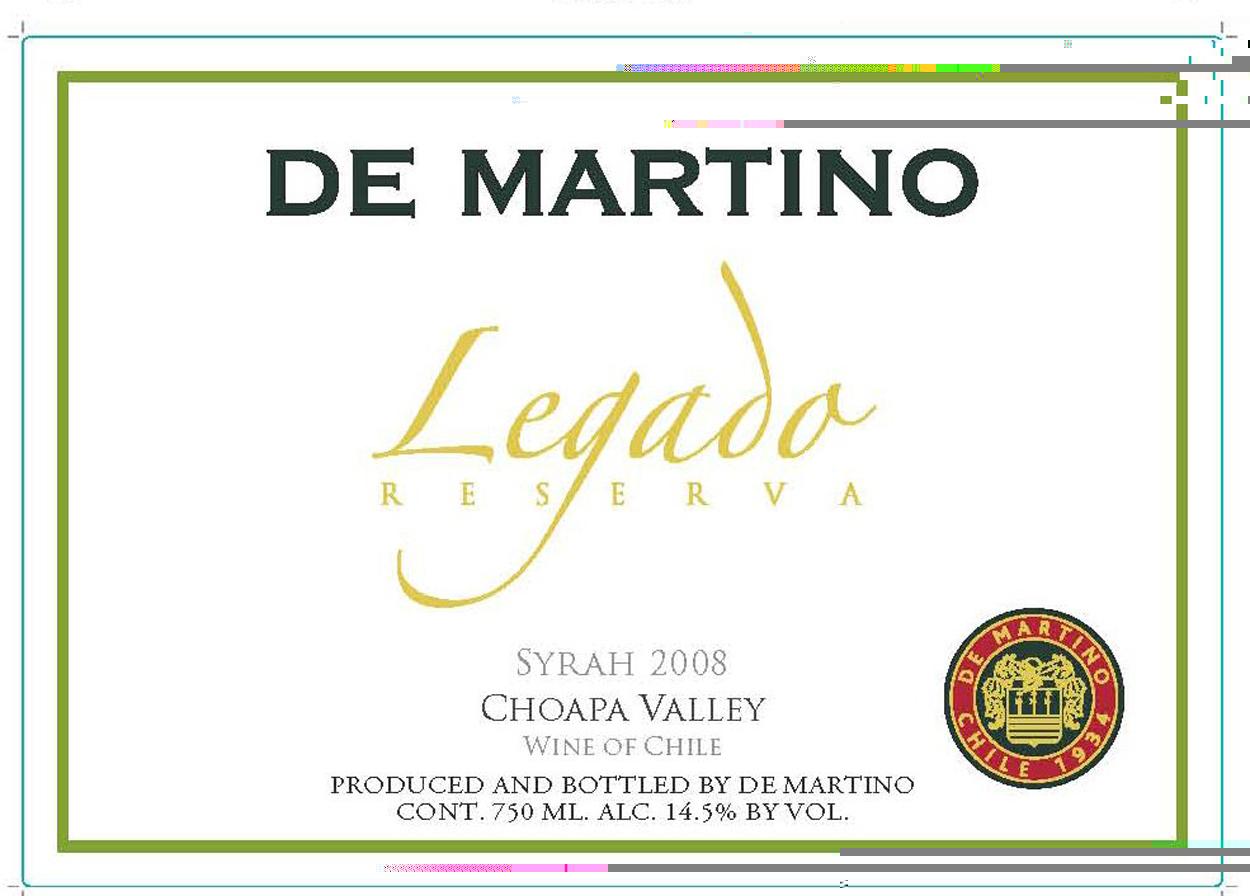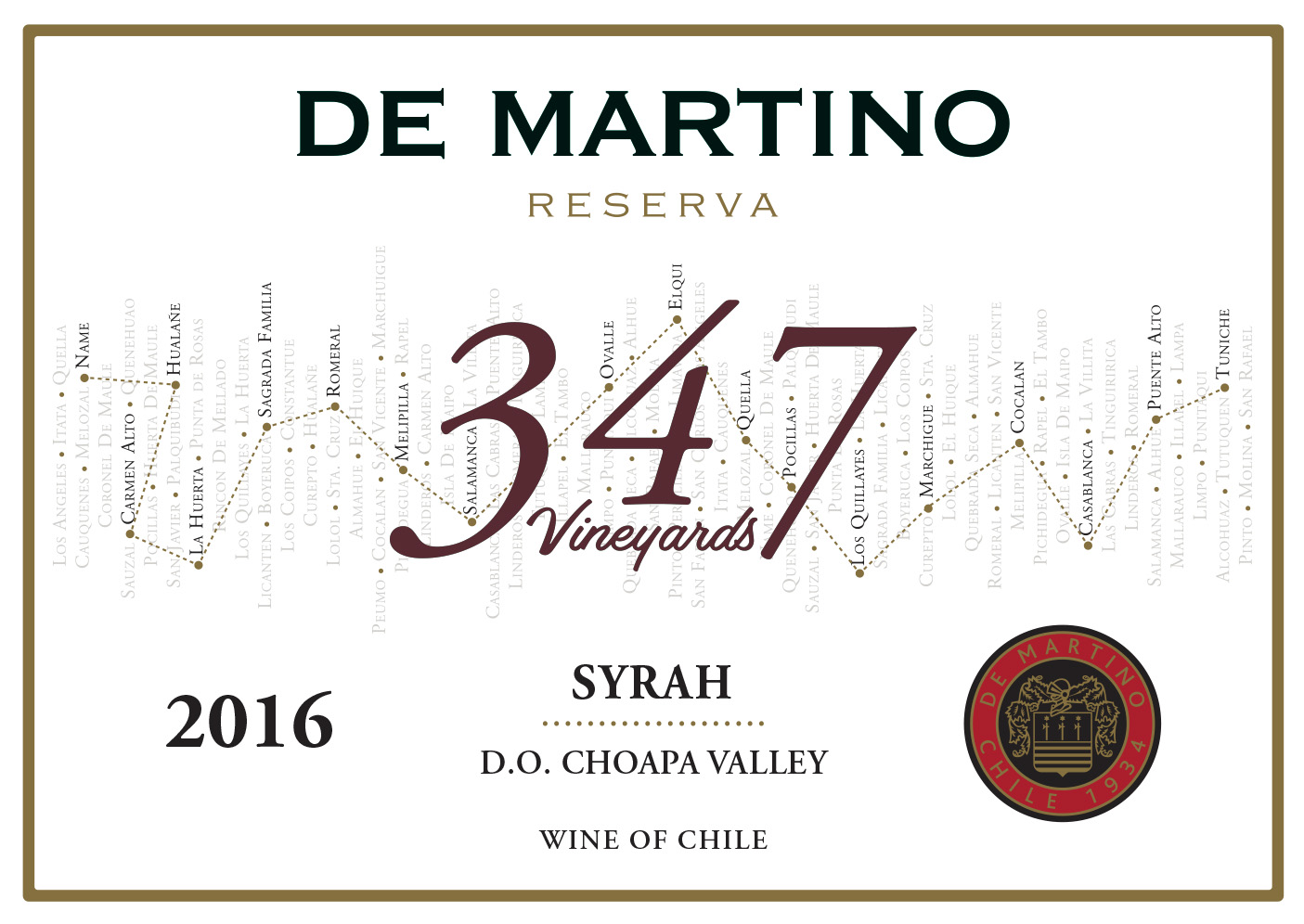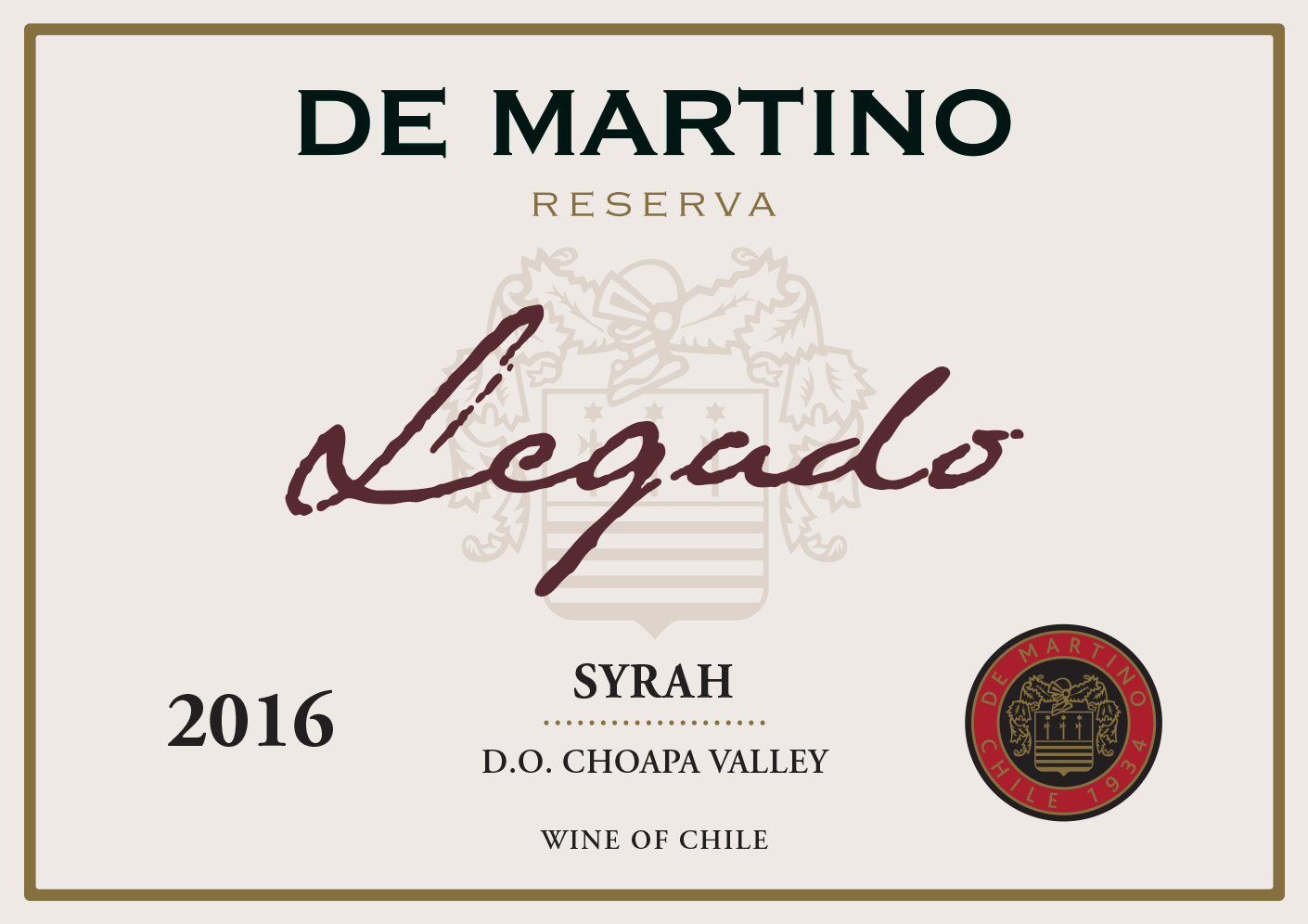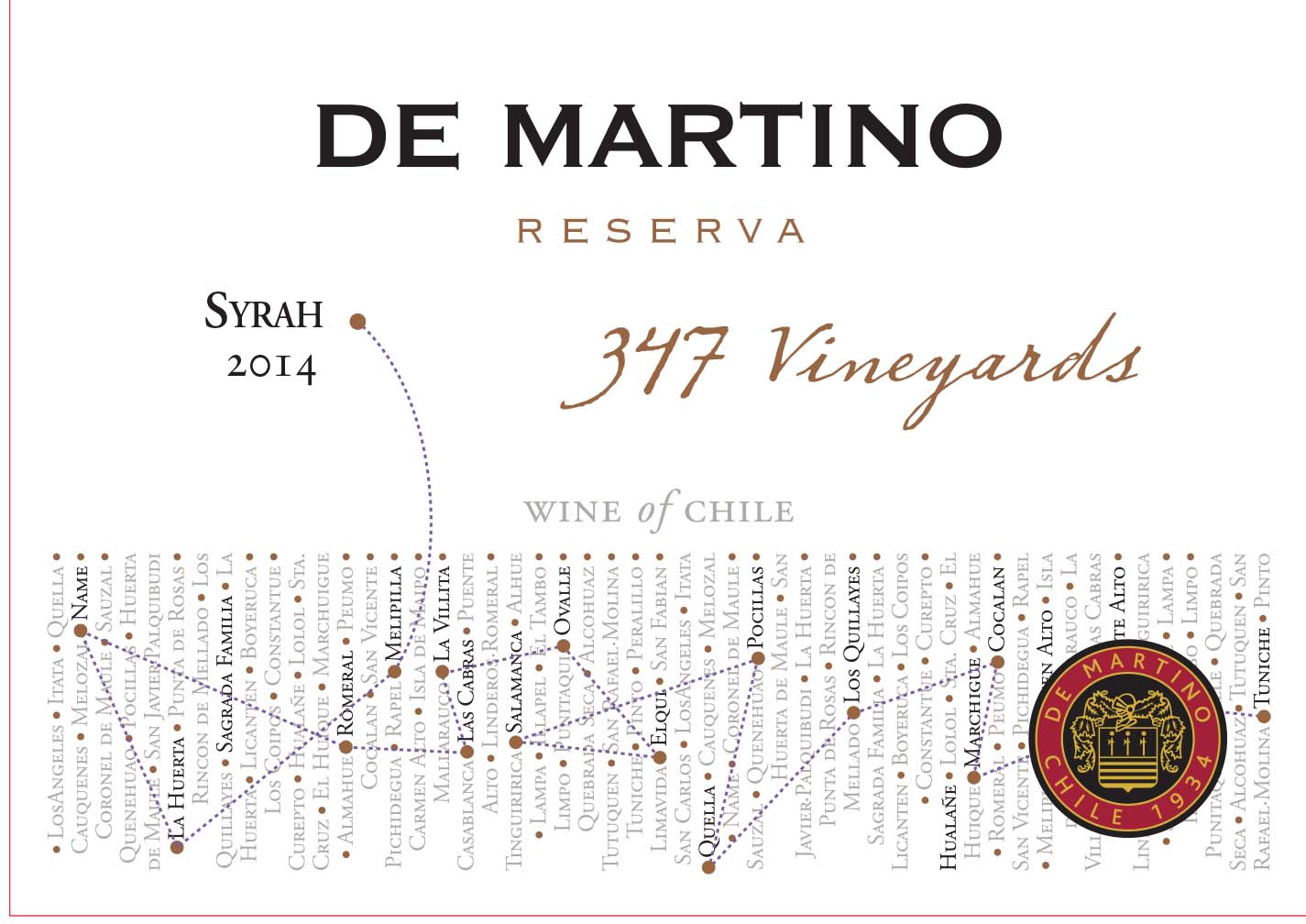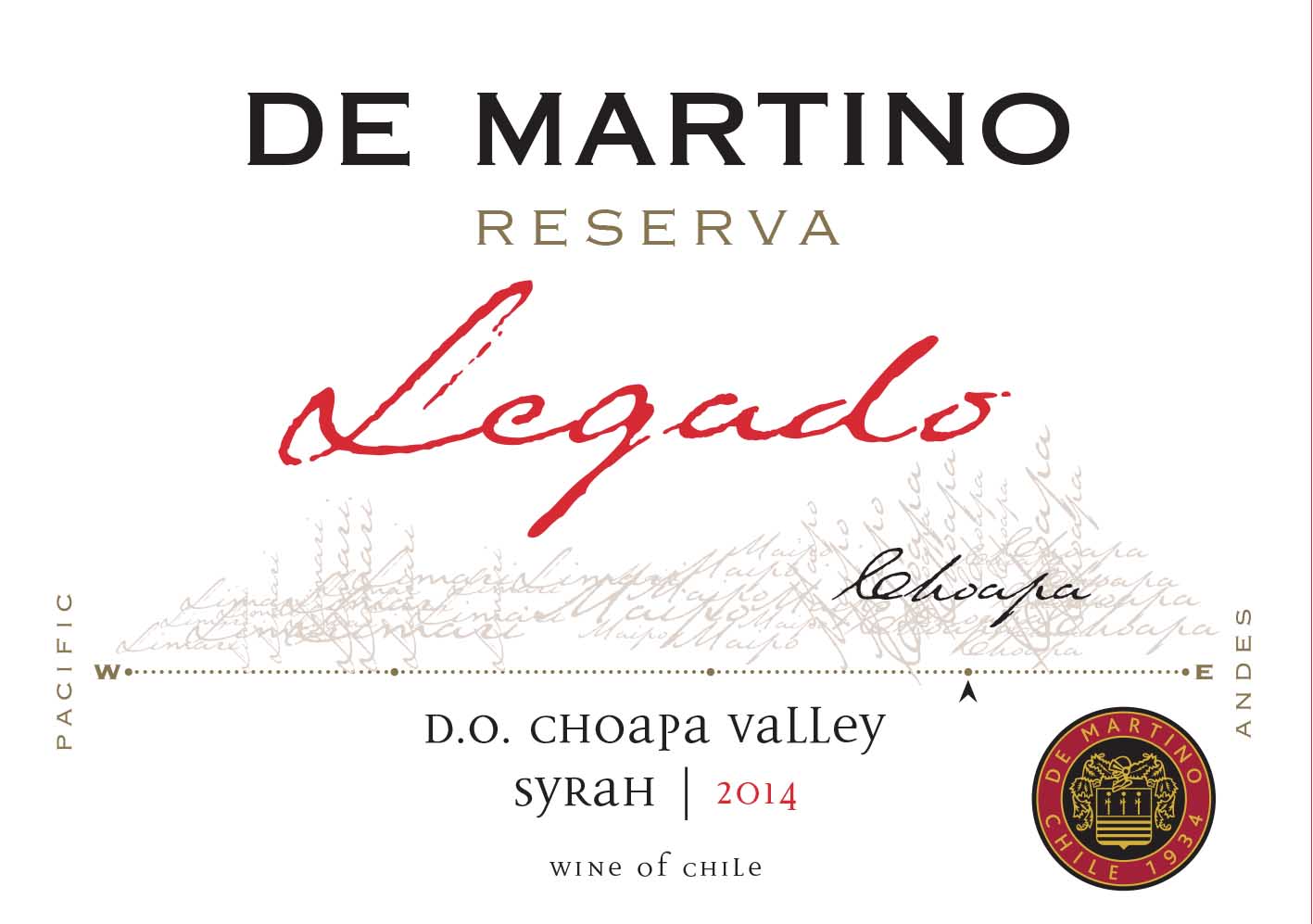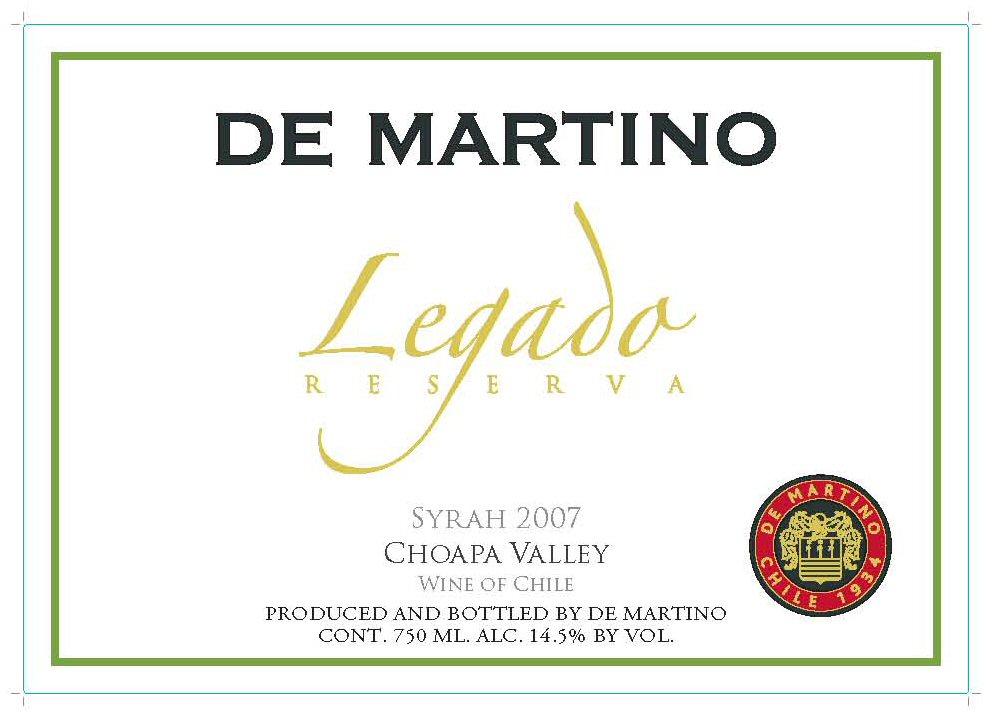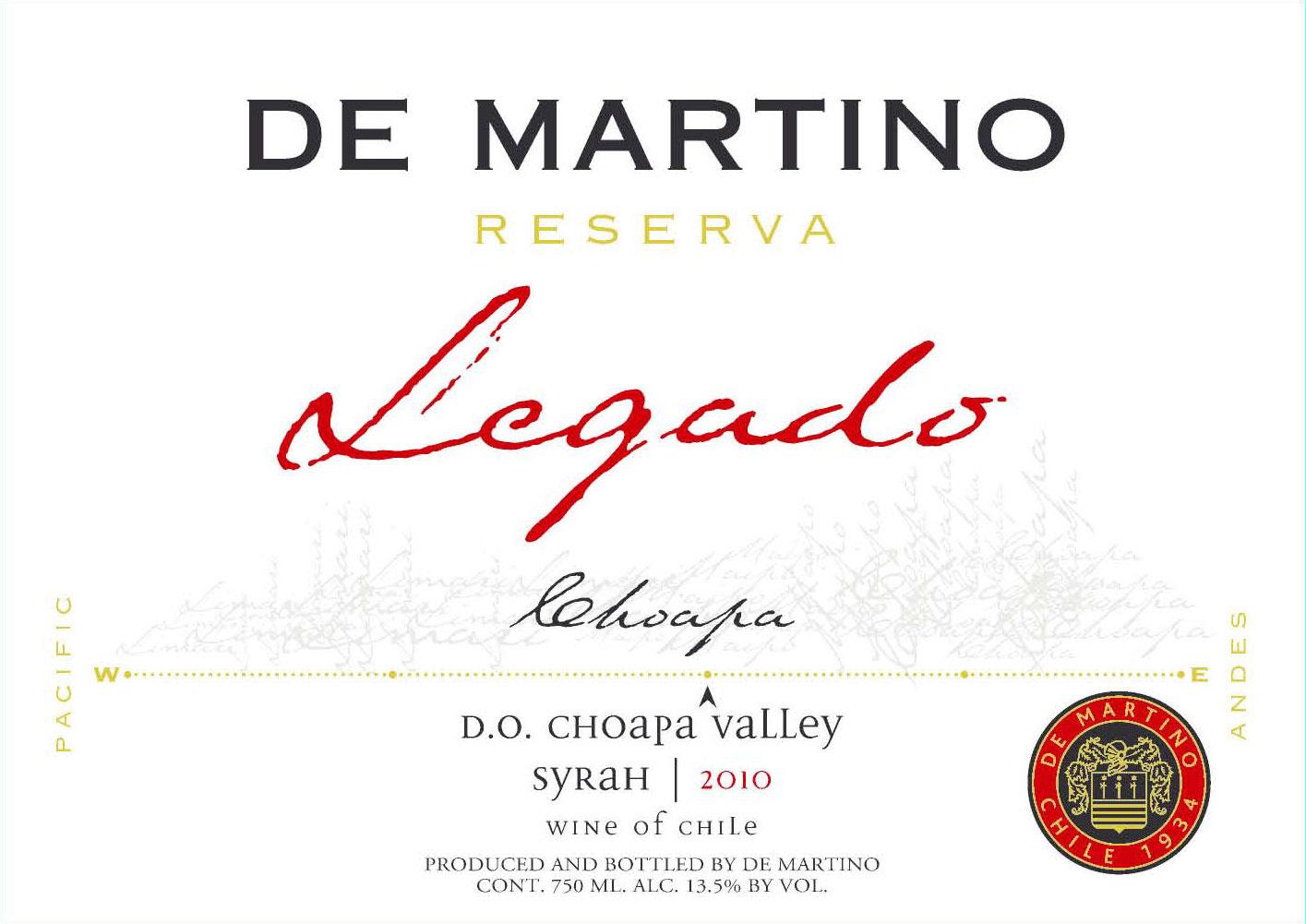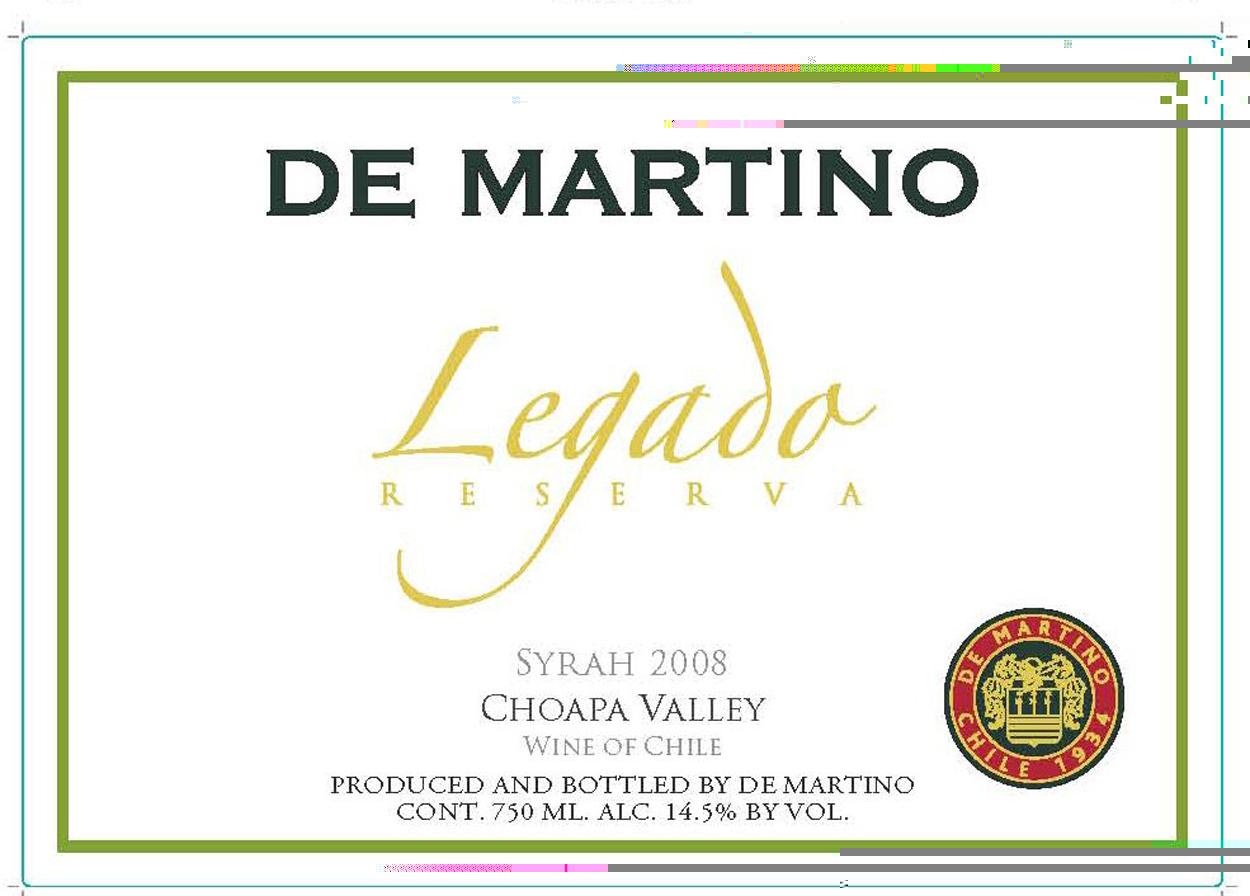Terroir of Choapa Valley
Choapa Valley's terroir is defined by rugged landscapes and diverse microclimates. Vineyards sit on river terraces, alluvial fans, and rocky hillsides. The towering Andes rise to the east and coastal hills to the west, channeling Pacific breezes that cool the intense summer heat. This mix of hot, sunny days and cool nights helps preserve grape acidity and balance sugar levels.
The valley's soils, made from granitic and metamorphic rock with colluvial and alluvial deposits, are poor and well-drained. These conditions force vines to grow deep roots, leading to small, concentrated grapes. Rainfall is low, averaging 250–300 mm annually, requiring irrigation from Andean snowmelt. The lean soils, ample sunshine, and cool nights add to the rich, mineral quality of Choapa Valley wines.
Notable Wineries in Choapa Valley
Choapa Valley, though lesser-known, is home to a few notable wine producers making their mark in Chile's burgeoning wine scene:
-
Viña De Martino: A pioneer in the region, De Martino is celebrated for its Syrah, capturing the valley's potential with rich dark fruit, spicy, and mineral flavors.
-
Small Growers and Micro-Bodegas: Family-run vineyards contribute to the valley's charm, producing limited batches of Syrah, Cabernet, and blends, typically found locally or within Coquimbo.
-
Larger Brands Sourcing Fruit: Renowned Chilean wineries occasionally source grapes from Choapa, creating niche market wines in limited quantities.
Overall, Choapa's wine production is still developing, with De Martino leading the way. The valley is a hidden gem for those seeking distinctive wines and traditional pisco from small-scale producers.
Sustainable Winemaking in Choapa Valley
In the heart of Chile’s Coquimbo Region, Choapa Valley navigates its arid climate with innovative sustainability practices. The region's minimal rainfall necessitates precise drip irrigation, ensuring vines receive just the right amount of water from Andean snowmelt. Embracing the rugged topography, local farmers employ techniques like cover cropping and contour farming to maintain soil health and prevent erosion.
Choapa Valley aligns with Chile’s national sustainability initiatives, focusing on renewable energy, waste reduction, and community involvement. The valley's arid conditions naturally reduce disease, minimizing the need for agrochemicals. Some growers opt for organic and biodynamic methods, further preserving the delicate mountain ecosystems. These efforts reflect a commitment to sustainable winemaking, enabling Choapa to produce vibrant wines while protecting its unique environment.
Wine Tourism in Choapa Valley
Wine tourism in Choapa Valley offers a unique blend of nature, culture, and flavorful experiences. This Chilean region requires planning ahead for private vineyard visits, providing intimate wine tastings set against stunning mountain and coastal backdrops. The local wildlife, protected in the Reserva Nacional Las Chinchillas, and the cultural heart of Illapel add additional charm with artisan markets and family-owned distilleries.
Wine enthusiasts can savor robust reds like Syrah, paired with local cuisine such as carbonada and empanadas, while outdoor lovers enjoy hiking and biking through vineyard landscapes. The basic infrastructure, characterized by unpaved roads, enhances the sense of adventure. Choapa Valley stands out as a destination for those seeking authentic, off-the-beaten-path wine experiences, combining the art of winemaking with the tranquility of nature.





